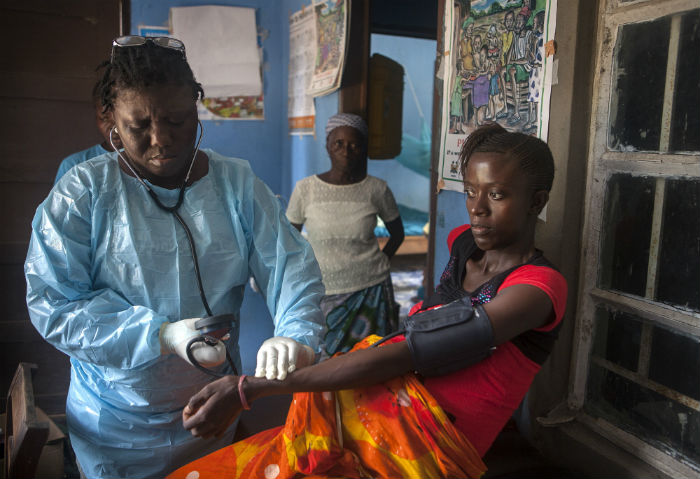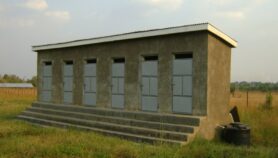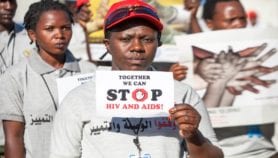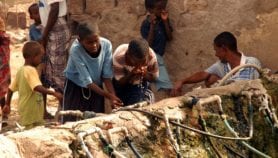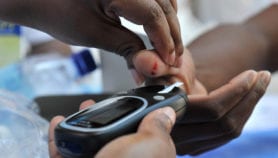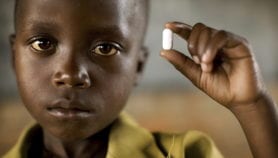By: Ochieng’ Ogodo
Send to a friend
The details you provide on this page will not be used to send unsolicited email, and will not be sold to a 3rd party. See privacy policy.
[WINDHOEK, NAMIBIA] African governments should invest more on research and development (R&D) to achieve health-related Sustainable Development Goals (SDGs) and universal health coverage (UHC), a forum has heard.
According to the WHO Regional Office for Africa, which organised the forum, African health systems have seen significant improvements in health indicators but still suffer from challenges such as reduced health financing, inadequate health workforce and poor information and monitoring systems.
“African governments need to dedicate [reasonable] amounts of money to research that answers critical questions.”
Emmanuel Ankrah Odame, Ghana’s Ministry of Health
Emmanuel Ankrah Odame, director of policy planning, monitoring and evaluation in Ghana’s Ministry of Health, said during the 1st Regional Forum on Strengthening Health Systems for the SDGs and UHC last month (12-13 December) in Namibia that African governments need to fund R&D mainly from their own sources rather than largely depending on external donors.
“R&D is key and communicating research is important,” said Odame. “We need to do research that involves and better influences our health systems. African governments need to dedicate [reasonable] amounts of money to research that answers critical questions. Researchers … and public service servants need to work [together] and not in silos if we want to make any progress in SDGs.”
Odame added that African academicians should think about improving the conditions of the people, especially the poor, instead of getting published mainly for their own satisfaction such as promotions and titles.
Odame urged African countries to urgently analyse human capacity in health against demands for healthcare services and address existing gaps in providing universal health care for their populations.
He noted that human capacity in health goes beyond doctors and nurses. “We need a broader approach that include having even anthropologists and geographers to be able to understand and appreciate the health needs of our diverse societies fully, ” he explained, adding that members of the public should be educated on the SDGs so they can put pressure on policymakers to address issues that impact positively on their lives.
According to Andreas Mwoombola, permanent secretary of Namibia’s Ministry of Health and Social Services, the forum came up with practical approaches such as a framework for strategic health systems actions, mechanisms for monitoring systems strengthening efforts of countries and the region, and a framework for strategic health investments at country and inter-country levels.
Martin Ekeke Monono, an adviser on violence and injury prevention and disability for the WHO Regional Office for Africa, told SciDev.Net that countries need to organise meetings involving all relevant individuals and institutions to create awareness leading to translation of the commitments into tangible actions that affect people’s lives.
This piece was produced by SciDev.Net’s Sub-Saharan Africa English desk.


